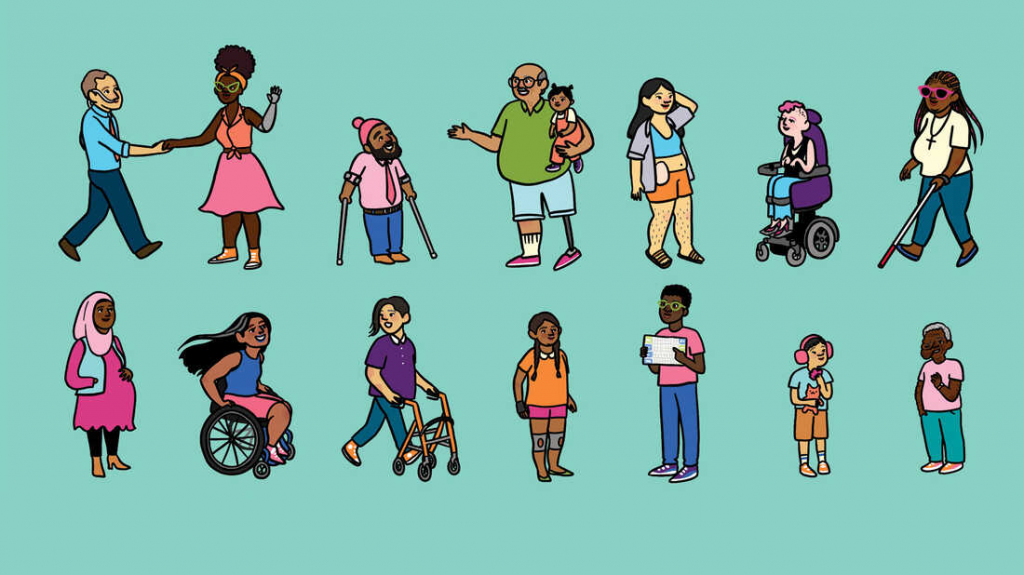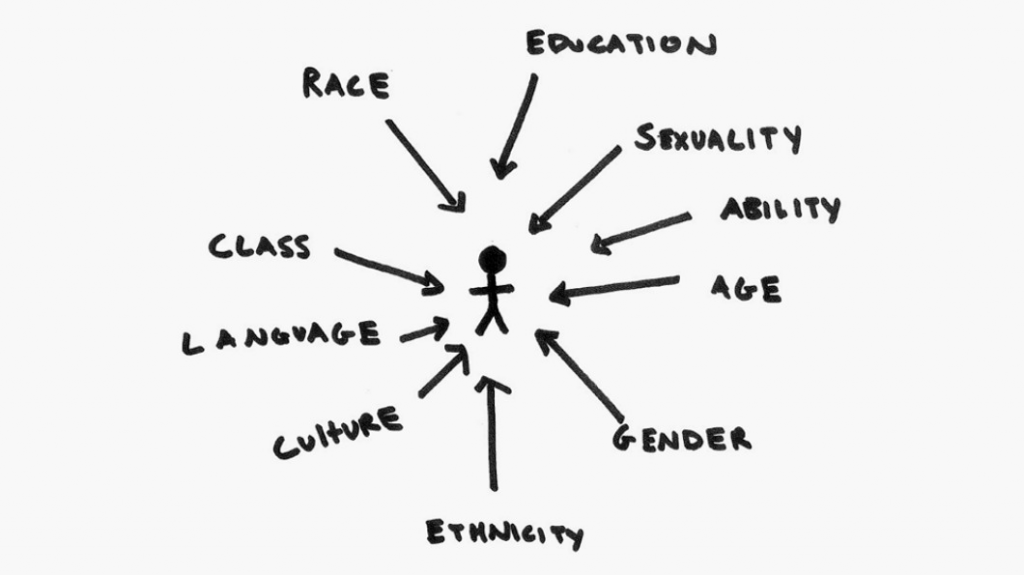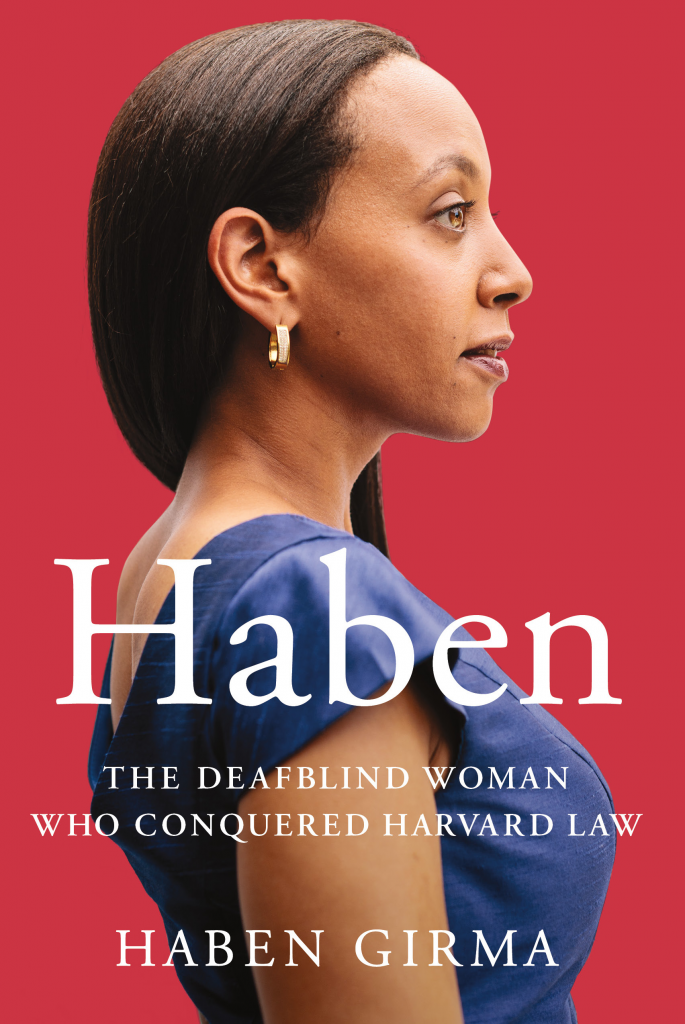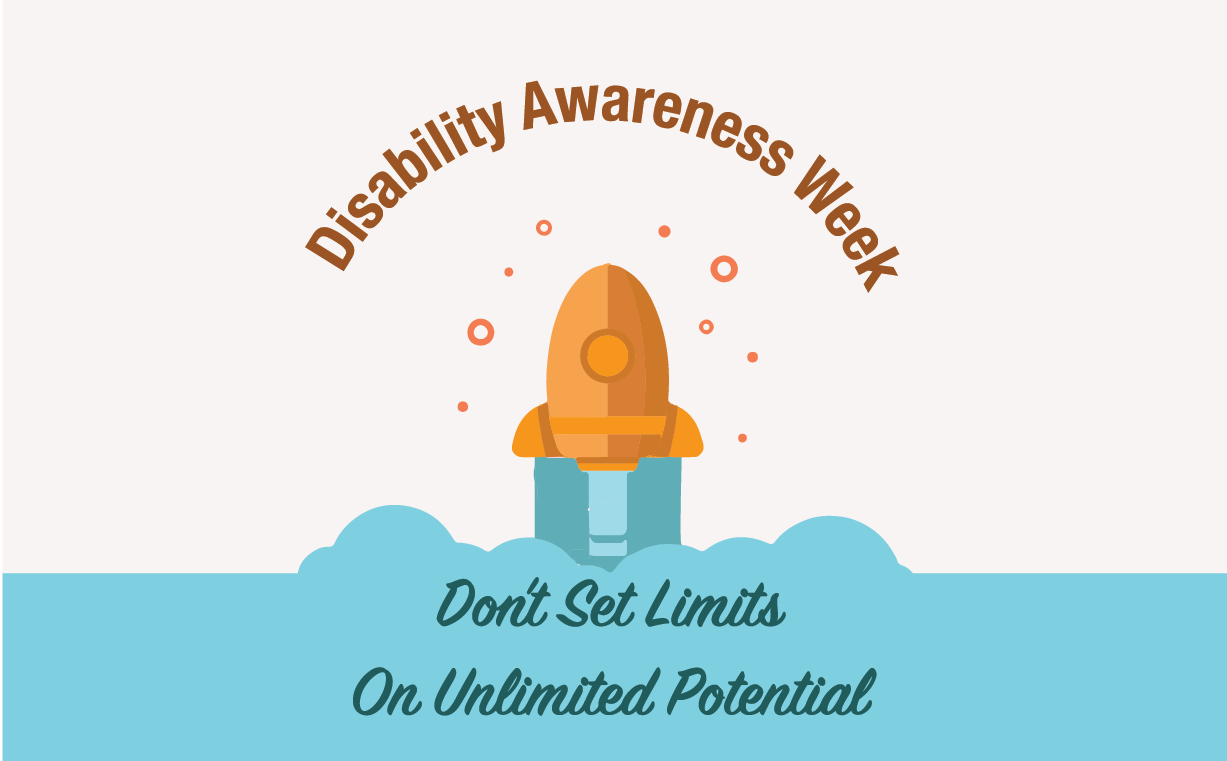Schedule of Events
Monday, Oct. 24
Kick-Off and Resource Fair
9 a.m. – 1 p.m., S-Breezeway
Tuesday, Oct. 25
Technology Fair
9 a.m. – Noon, S-Breezeway
Movie: Temple Grandin and Conversation
1 – 4 p.m., R-01
Wednesday, Oct. 26
Accessibility and Safety Walk (Building S Meeting Location)
Morning: 10:30 a.m. – 12:30 p.m.
Evening: 6:30 p.m. – 8:30 p.m.
Thursday, Oct. 27
Employment Panel (students and employers)
11 a.m. – 12:30 p.m., S-29
Submit a reflection to be entered to win a Disability Awareness Week giveaway!
Legal Definition of Disability
The federal government considers someone disabled when the person:
- has a physical or mental impairment that substantially limits one or more “major life activities,”
- has a record of such an impairment, or
- is regarded as having such an impairment.

The difference between “impairment” and “disability”

Medical vs. Social Model of Disability
Disability Identity
- For many, disability is an identity worn with pride. Others may have an impairment but don’t identify as an individual with a disability. Both are okay!
- Disability identity can be fluid. Depending on the physical and social environment, individuals may feel more or less disabled in various spaces.


Disability Language

Continue your Learning!
- Demystifying Disability by Emily Ladau– available at the SF library!
- Haben: The Deafblind Woman who Conquered Harvard Law by Haben Girma – available at the SF library!
- A Disability History of the United States by Kim E. Nielsen – available at the SF library!
- Sitting Pretty by Rebekah Taussig







